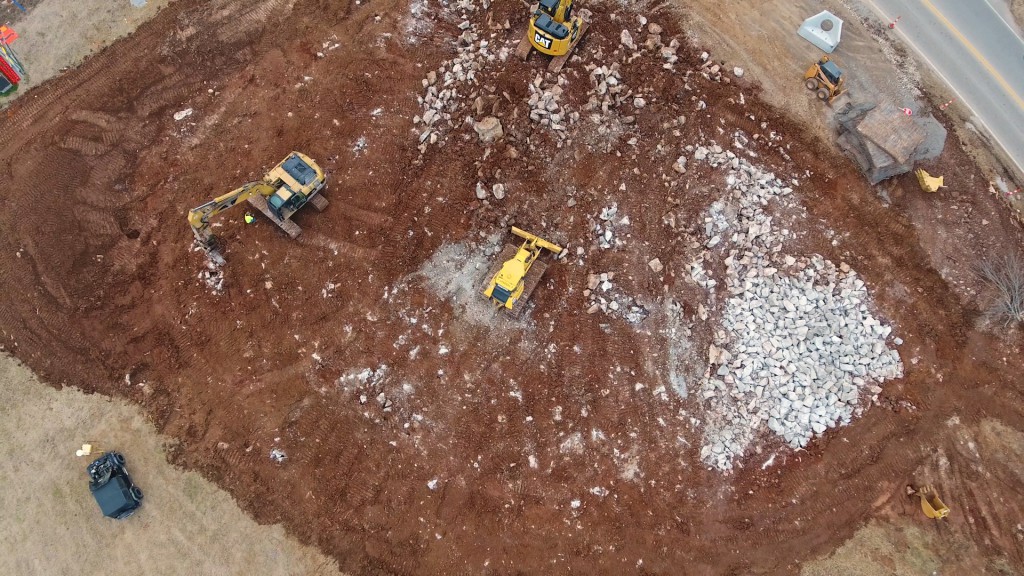Construction Runoff

Why Is The Control of Construction Site Runoff Necessary?
Polluted stormwater runoff from construction sites often flows to MS4s and ultimately is discharged into local rivers and streams. Of the pollutants listed in Table 1, sediment is usually the main pollutant of concern. According to the 2000 National Water Quality Inventory, States and Tribes report that sedimentation is one of the most widespread pollutants affecting assessed rivers and streams, second only to pathogens (bacteria). Sedimentation impairs 84,503 river and stream miles (12% of the assessed river and stream miles and 31% of the impaired river and stream miles).
Sources of sedimentation include agriculture, urban runoff, construction, and forestry. Sediment runoff rates from construction sites, however, are typically 10 to 20 times greater than those of agricultural lands, and 1,000 to 2,000 times greater than those of forest lands. During a short period of time, construction sites can contribute more sediment to streams than can be deposited naturally during several decades. The resulting siltation and the contribution of other pollutants from construction sites can cause physical, chemical, and biological harm to our nation’s waters.
Pollutants Commonly Discharged From Construction Sites
- Sediment
- Solid and sanitary wastes
- Phosphorous (fertilizer)
- Nitrogen (fertilizer)
- Pesticides
- Oil and grease
- Concrete truck washout
- Construction chemicals
- Construction debris
What Bowling Green is Doing
BG City Ordinance (21-2.03) requires erosion prevention and sediment control (EPSC) measures be emplaced for any land disturbance over 750 square feet. These measures must be submitted on an EPSC plan as part of the permit application to the City Stormwater Inspector. For land disturbances greater than one acre, a Stormwater pollution prevention plan (SWPPP) must be developed and submitted to the City Stormwater Inspector. For any land disturbance meeting either threshold, the EPSC plan, and the SWPPP must be signed by a City Certified EPSC Contractor. The City offers several EPSC contractor certification classes each year.
Let us know if anything is wrong with this page. However, please don't include any personal or financial information.
